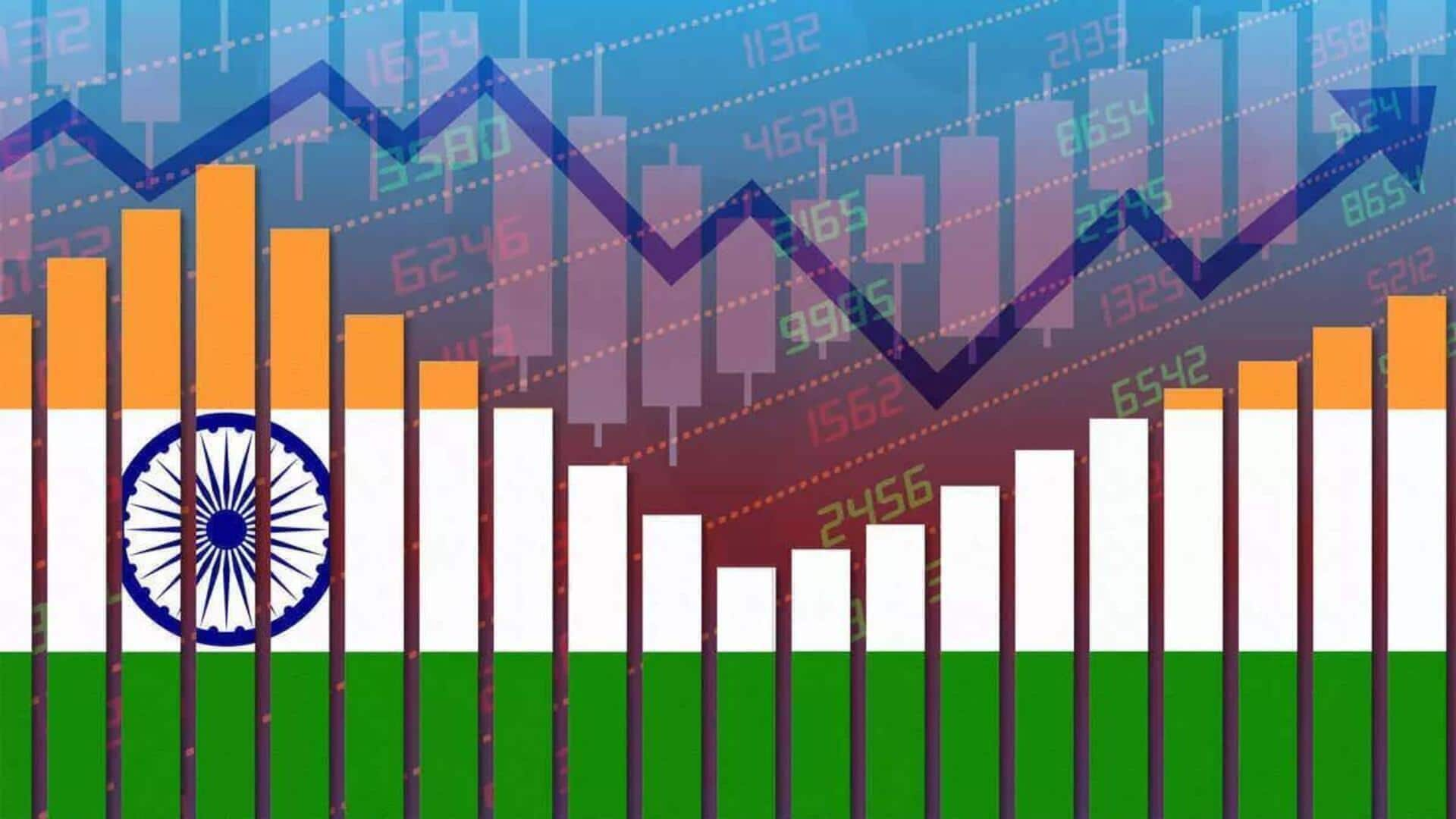
India's services sector rises to 11-month high in July
What's the story
India's services sector has witnessed a major surge, hitting an 11-month high in July. The growth is mainly attributed to strong international demand and continued domestic sales. The HSBC India Services Purchasing Managers's Index (PMI), compiled by S&P Global, rose to 60.5 in July from June's reading of 60.4. This is higher than the preliminary estimate which had predicted a decline to 59.8.
Growth indicator
Services sector on an expansion spree
The PMI is a key economic indicator, with readings above 50 signaling growth and those below indicating contraction. The latest data shows that India's dominant services sector has been on an expansion spree for four consecutive years. The new export business sub-index, a crucial measure of international demand, witnessed significant growth in July—marking the second-strongest expansion in a year.
Business dynamics
Hiring slowdown
Despite the robust demand, firms have significantly slowed down their hiring pace to a 15-month low. The HSBC India Composite PMI Output Index, which includes manufacturing, edged up to 61.1 in July from June's reading of 61.0. This indicates the strongest expansion since April 2024 and further highlights the resilience of India's services sector amid changing economic conditions.
Sector performance
Sectoral performance
Among the different service categories, finance and insurance have emerged as the top performers in terms of new orders and business activity. However, real estate and business services have recorded the slowest growth during this period. This sectoral performance highlights the varied impact of economic conditions on different segments of India's services industry.
Economic challenges
Inflationary pressures
In July, price pressures intensified as firms faced higher costs for food items, freight, and labor. Service providers passed these increases onto customers, with the rate of charge inflation slightly exceeding input cost inflation. Any acceleration in inflation could affect the Reserve Bank of India's monetary policy decision-making process. The central bank is expected to hold its repo rate steady at 5.5% at its ongoing August meeting but cut its key policy rate once next quarter.